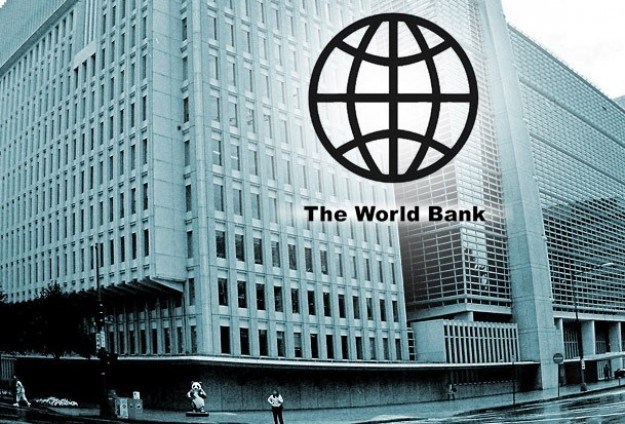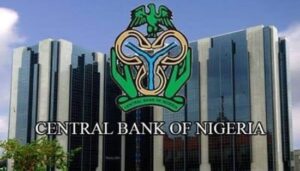
Recall that the Minister of Finance, Budget and National Planning, Mrs Zainab Shamsuna Ahmed, had earlier disclosed that the sum of N1.7 trillion will be borrowed to finance the 2020 budget.
In three years, Nigeria’s profile rose from $10.32 billion in June 30, 2015 to $22.08 billion as of June 30, 2018. With this additional loan, the country’s foreign debt would increase and would invariably increase the overall debt portfolio of the country which stood at N24.39 trillion as at December 31, 2018.
Reacting to World’s Bank’s plans on disbursing another fresh loan of $2.5bn (N767.3bn) to Nigeria, Director-General of the Lagos Chamber of Commerce and Industry (LCCI), Muda Yusuf, another foreign loan could lead to high inflation rate, stunt gross domestic product growth and increase unemployment.
“Already, the Federal Government proposed to spend a total of N2.14 trillion on debt servicing in the 2019 fiscal year which is 27% of revenue. So this fresh World Bank loan will further increase sporadically the amount of that of 2020 to be dedicated for servicing debts.” Yusuf said.
While trying to proffer solutions, the LCCI boss explained that foreign loans were the reasons government could not channel more funds appropriately to developmental projects in the country since huge amounts were always provided for servicing debts.
He, however, stated that the private sector was expecting government to cut down its debt and seek other ways of raising funds, by rigorously promoting new investments to increase revenue.
Particularly, he believed that cost of governance in the country was still too high and should be reduced in order to free more revenue to run the country’s economy.
As previously reported, Nigeria’s rising debt has attracted wide criticisms both locally and internationally. For example, the International Monetary Fund (IMF) questioned Nigeria’s ability to repay its N24.9 trillion debt.
The IMF had also expressed concern about the rollover risks, arguing Nigeria’s capacity to refinance debt might drop in the future.
Meanwhile, the Federal Government has since rebuffed such claims, stating that the nation’s debt burden is sustainable. The government also disclosed that Nigeria spent a whooping N1.11 trillion to cover debt service obligations in the first six months of the year 2019.
You may be interested

‘I’m Incredibly Proud’– Arokodare Talks Up Genk’s Unbeaten Home Streak
Webby - December 23, 2024Tolu Arokodare is full of excitement followingGenk’s historic victory over Anderlecht, reports Completesports.com.Sunday’s win at the Cegeka Arena was the…

WAFU B U-17 Girls Cup: Ghana Edge Gallant Flamingos On Penalties In Final
Webby - December 22, 2024Despite a spirited performance Nigeria’s Flamingos lost on penalties to hosts Ghana on penalty shootout in the final of the…

Bournemouth Equal Burnley’s Old Trafford Feat After 3-0 Win Vs United
Webby - December 22, 2024Bournemouth’s 3-0 win against Manchester United on Sunday meant the Cherries equaled Burnley’s feat at Old Trafford.United went into the…






















![American Pastor, David Wilson Seen Eating The Box Of Woman Who Isn’t His Wife [Video]](https://onlinenigeria.com/wp-content/uploads/2019/10/american-pastor-david-wilson-seen-eating-the-box-of-woman-who-isnt-his-wife-video-150x150.jpg)









